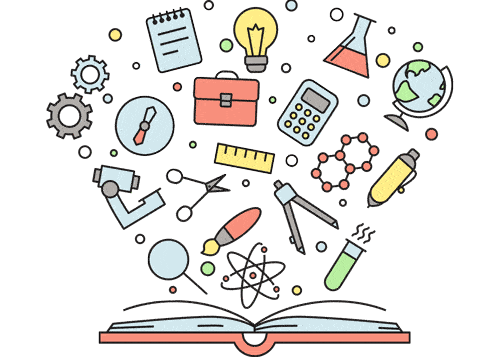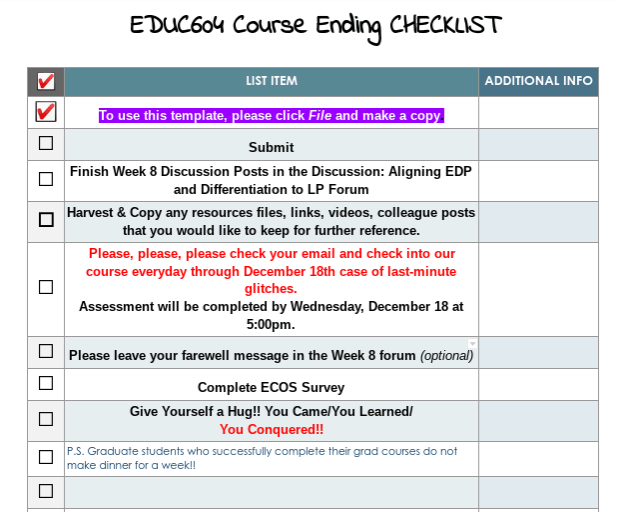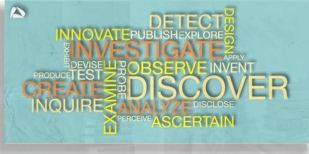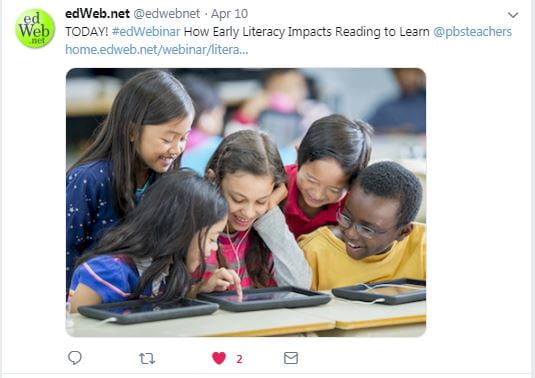Ditch undergrad study strategies during graduate work and use the SCAAN approach
Graduate learning is different than undergraduate learning and requires slightly different study strategies. These strategies are summarized through the SCAAAN acronym.
Here are the components of SCAAAN
Scan the text (i.e. chapter/article/research study) for concept focus. Read the article abstract or chapter summary first. Next, preview the . headings, bold words, charts, graphs, images, and end of chapter questions.
Concentrate on Purpose. Are you reading to gain information for a discussion post? a classroom discussion? a presentation? an essay submission? Set a purpose for reading before you start. (Think about what you need to be able to know or do after reading). Keep that purpose in mind while you read, and check to see if you have reached it by the end.
Apply Reading strategies such as chunking. Click this link for the steps.
Annotate. As you read, take brief notes in your own words about the main concepts and key words using Google Voice typing, or in the margins of your text, or in a Google doc, and/or old-school spiral.
Ask and answer questions. For Relearning/Learning Gaps: As you read, ask yourself if there are new concepts that you need to know or relearn. Add these concepts to your notes and emphase them with text formatting (bold, increased font size, highlighter tool, etc…). Investigate these concepts to fill relearning and learning gaps.
For New Learning based on your prior knowledge: As you read, turn headings into questions and ask and answer theses as you read. Form questions while you read and try to answer them later. Answer questions provided by the book.
Summarize. Stop after page and, depending on your preference, speak, write, mindmap, illustrate a brief summary of the main concepts. “Summarizing can be more effective than highlighting or annotating because it helps you better gauge what you do and don’t understand about a reading.
Gentle advice about Highlighting: In graduate study, consider a trimmed highlighting approach. Highlight sparingly and only after reading a page. Highlighting while reading emphasizes concept sorting instead of critical thinking skills (Malaikahaider, 2021; . Critical thinking skills are often the emphasized in graduate course discussion boards, essays, posts, and the rubrics used to assess them.
References
Malaikahaider, (2021). Highlighting doesn’t work: Here’s what does (2021). Student News.
https://studentnews.manchester.ac.uk/author/malaikahaider/
National Center on Educational Outcomes (2012). Chunking and questioning aloud strategy summary sheet.
https://nceo.umn.edu/docs/presentations/nceo-lep-iep-ascdhandoutchunking.pdf









